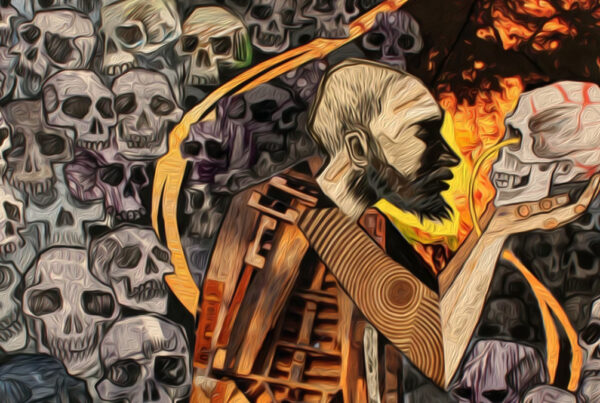Ecclesiastes: Chapter 4
The oppression of the powerless by the powerful goes on throughout the world and is as old as the world. Solomon concludes that the oppressed would be better off if they had not been born. He states they have no comforter. This would be true if it were not for God’s willingness to be an active presence in our lives.
Solomon then returns to his thoughts on labor and makes two key observations. The first is that it is better to toil than to be idle. Reread Proverb 6:6-10 for his warnings of idleness leading to poverty and disaster. The second point is that it is far better to work alongside another than to work alone. This is true not only in work but also in every aspect of life. He extols the benefit of two together for warmth, defense and strength. Verse 12 is a well-known and often quoted statement about a cord of three strands not being quickly broken. But there are only two people in his examples. Obviously, the third strand is the two partners relying on God to increase their strength.
For most people the urge to get ahead and achieve in their career is a driving force. In the last verses of the chapter, Solomon questions the value of such advancement – even that of a poor boy becoming a king. Unless done for the right reasons worldly achievement will not lead to happiness and satisfaction.
Key Verse:
“Though one may be overpowered, two can defend themselves. A cord of three strands is not quickly broken.” ~ Ecclesiastes 4:12
Questions to ponder:
- Is Solomon correct that the oppressed would be better if they had not been born? How do you feel they would answer?
- Do you have a second and third strand to help you in your work? Who are they? Recognize them for it today.
- What is your real motivation for striving to achieve success in your work? Is it God-directed?


